European Commission President Jean-Claude Juncker today described the need for “full transparency” when foreign public businesses, coming from outside the EU, purchase European ports, businesses, assets in energy sector and technology.
Giving is state of the European Union address in Strasbourg, Juncker said that full transparency is essential for the common security of the EU.
“It is in our interest to know what is happening in order to protect our common security”.
Whether this would have a bearing on future deals such as the one struck between the Maltese government and Shanghai Electric from China for the BWSC power plant, or the Azerbaijani investment through the company SOCAR and the LNG tanker project, remains to be seen.
Juncker stressed the need for “investment screening”. It is not clear if this refers to formal screening at an EU level.
In his address, Juncker spoke of European Trade Programmes, such as the one concluded with Canada, where he said that the EU must ensure that it gets as much as it gives.
Migration
The Commission president stressed that migration is still on his radar.
“We have been successful in reducing the number of irregular arrivals by 97 per cent in the Eastern Mediterranean corridor thanks to Turkey. With regards the Central Mediterranean corridor, irregular migrant arrivals have gone down by 81 per cent”.
He thanked Italy for its “perseverance and generosity” for taking in the overwhelming majority of migrants coming from the Central Mediterranean route over the past few years. Migrant arrivals in Malta have been at an all time low.
He said that only last year, European member states have asylum to 725,000 refugees, which is more than Australia, Canada and the USA together.
“The EU is not a fortress, it will never become one and will continue to be a continent of solidarity.”
The formation of legal migration channels are in the works. Juncker said in order to stem the flow of irregular migration, alternatives such as legal routes which can be controlled is the way to go.
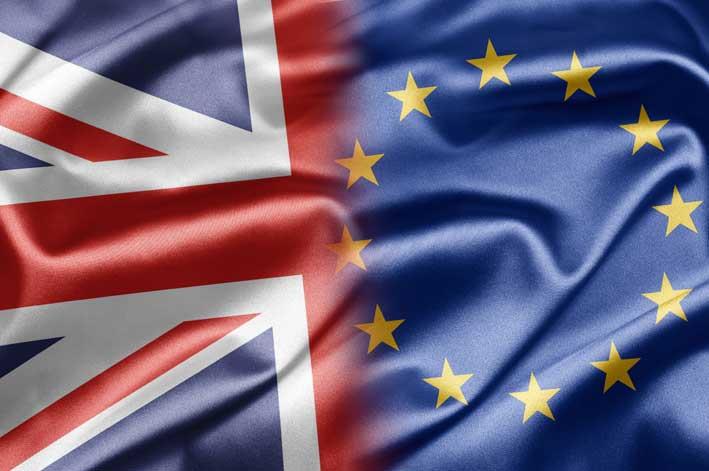
Brexit
Juncker boldly said that “Brexit is not everything, it is not the be-all-and-end-all. While March 2019 will be a sad day for Europe, we will continue our work to foster a stronger, more united and more socially just Europe”.
He said he wanted European Union leaders to meet in Romania the day after Britain leaves in 2019 to chart the bloc's way forward as 27 member states.
Juncker called for the leaders to meet in the city of Sibiu, some 280 kilometers (175 miles) northwest of the capital Bucharest, on 30 March, 2019.
Britain is scheduled to leave the bloc the day before.
Juncker vowed that the EU "will move forward once Britain leaves," saying that "Brexit is not everything. It's not the future of Europe."
To cheering British lawmakers celebrating the country's departure, Juncker said: "I think you will regret it quite soon."
The past year
This time last year Europe was not in a good state, Juncker said in his introductory remarks.
He said that the EU had two choices before it, coming together with a common agenda or prioritising our individual causes.
“I argued for unity. I proposed an agenda that creates a Europe that protects, empowers and defends”.
Juncker remarked that progress is being made each passing day. A jovial spirit could me felt across the plenary hall, against a backdrop where many European elections such as in France and the Netherlands where eurosceptic, right-wing, anti-migration politicans suffered defeat across the board.
“We were successful in doubling our capacity of European capital markets, and I thank all those involved”.
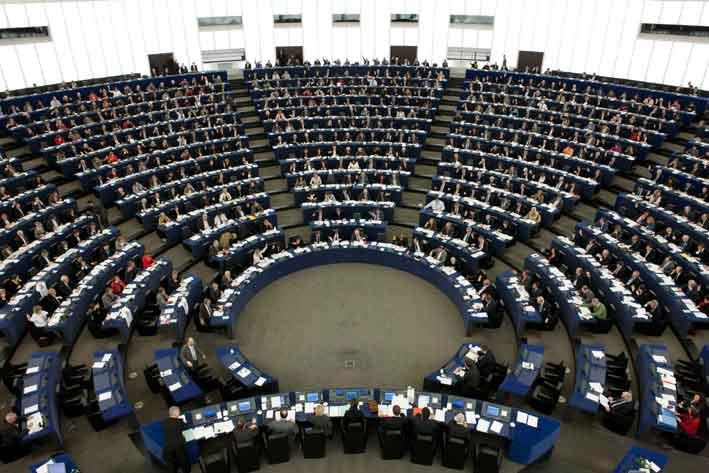
“We can take credit for our European investment plan, triggering some €200 billion investment, providing loans to some 250,000 small businesses. European banks now have the firing capacity to provide loans for investment. This is all thanks to an intelligent application of the stability and fiscal growth back.
“It has been 10 years since crises struck, the European economy is bouncing back, together with our confidence. In the last year we saw all 27 leaders walk up to the capital hill in Rome, one by one to review their vows to each other and our union. This all leads me to believe the wind is back in our European sails.
“We still have still 16 months where real progress can be made by all three institutions. We must use this time to deliver what we started in Bratislava. Secondly we have to chart the direction from the future.
He quoted famous author Mark Twain, “Years from now, we will have far more regret for the things we didn’t do rather than the things we did”.
The continuation of investment in Africa, to help create development, jobs, stability and security remains a priority for the EU as this is a route cause of irregular migration.
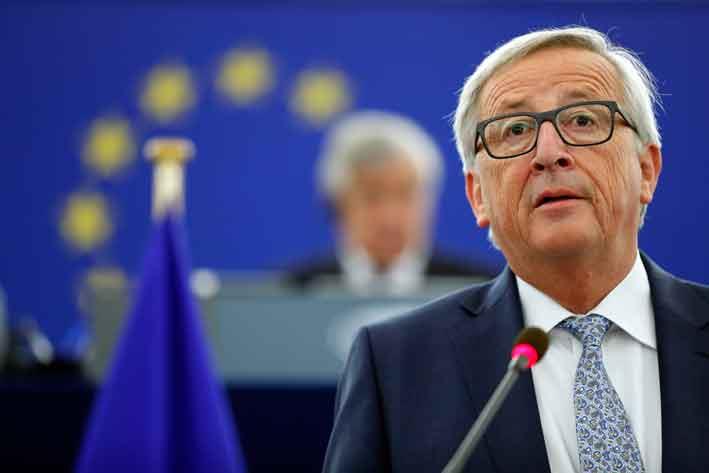
Proposals for upcoming year
Juncker’s speech was particularly packed with proposals, many of which were to set up new agencies. In view of the bureaucratic nature of the EU, such proposals are likely to be met with heavy criticism.
A new industrial strategy for Europe is to be presented shortly, based on innovation, digitisation and industrialisation. In addition, a European cyber security pact has been proposed in light of the unfortunate terrorist attacks plaguing the continent.
He made reference to ‘scenario six’, which is in reference to the five scenarios described by the European Commission on the future of Europe. Juncker said that this is underpinned by three basic principles, freedom, equality and rule of law.
On freedom, he said member states must not take for granted freedom from oppression and dictatorship, something central and eastern Europe is more familiar with.
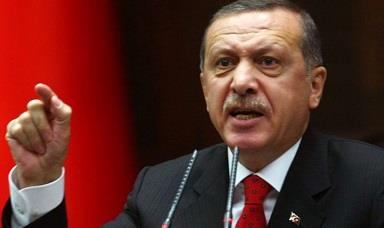
Juncker had very harsh words for Turkey, saying that the country has systematically moved away from the EU. He called on Turkey to release journalists, who should be inside editorial offices debating and not behind bars. He called on “the powers that be” to stop calling European leaders fascists and Nazis, and accused the Turkish authorities of purposely sabotaging the relationship so that they may then blame the EU for accession talks breaking down.
Onto equality, Juncker said that “in 2017 it is unacceptable that children are dying of diseases that should have been eradicated long ago. Children in Romania and Italy should have the same access to measles vaccines like in other European countries, no ifs and buts”.
He revealed the Commission’s plans to work with all member states to support their national vaccination programmes.
“There must be no avoidable deaths in Europe”.
Remaining on the principle of equality, he said there cannot be second class workers, and Europe must ensure equal work for equal pay across the 27 nation bloc.
He called for a European investigating committee in order to tackle cross-border terrorism. The committee would have consolidated data and it would be tasked with gathering as much intelligence as possible in order to limit future cross-border violence.
Juncker proposed the setting up of a European worker supervisory and implantation authority that would ensure EU labour laws are being safeguarded across the board.
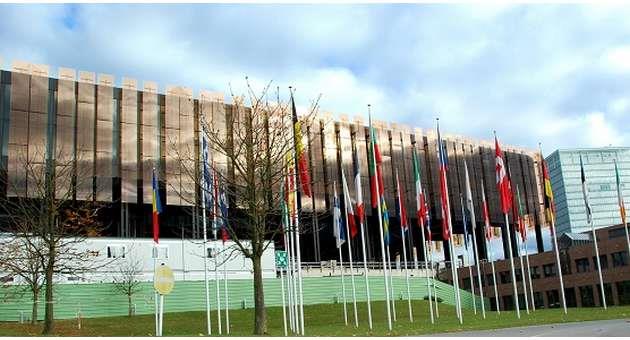
Onto rule of law, Juncker slammed member states that are not respecting European Courts of Justice rulings. He spoke of how Europe has the most mature democracies in the world, and that rule of law must be respected in order to ensure social justice.
“Undermining the justice systems means stealing citizens’ fundamental rights”.
Juncker proposed a common standard for social standards, so that there would be consensus across the board on what the minimum social standards should be.
“If we want to see an end to social dumping in Europe, member states must agree to the European pillar of social rights.”
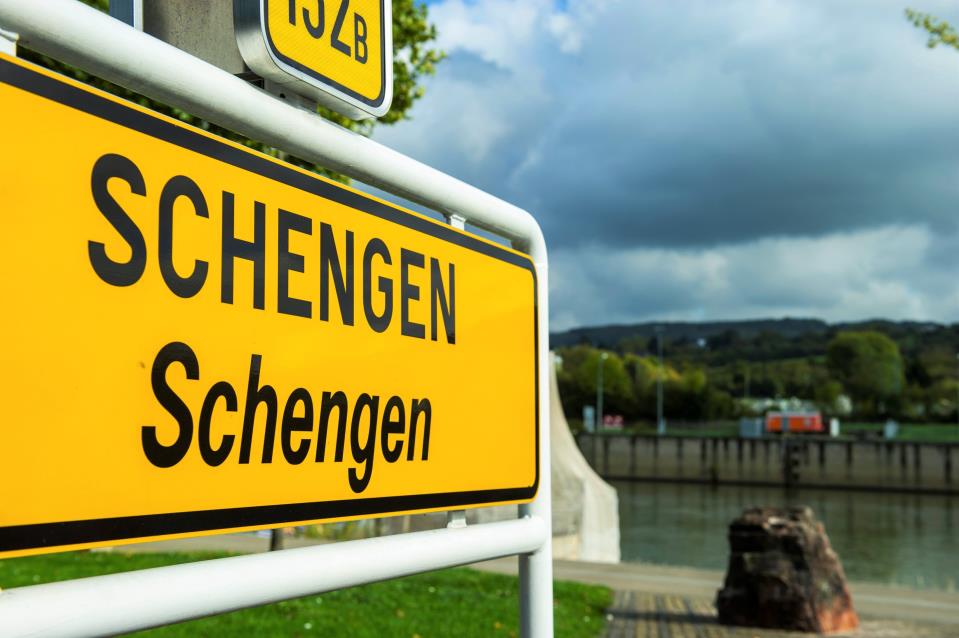
He then turned to the proposal of including Romania and Bulgaria into the Schengen zone.
Juncker also spoke of using the qualified majority voting system for foreign policy in order for decisions to be taken more swiftly.
The call for businesses to be taxed where they are earning their profits, a thorn in Malta’s side due to the exponential taxation revenue on profits attracted to the island through its attractive corporate tax rates.
He called on Europe to be at the forefront on the fight against climate change.